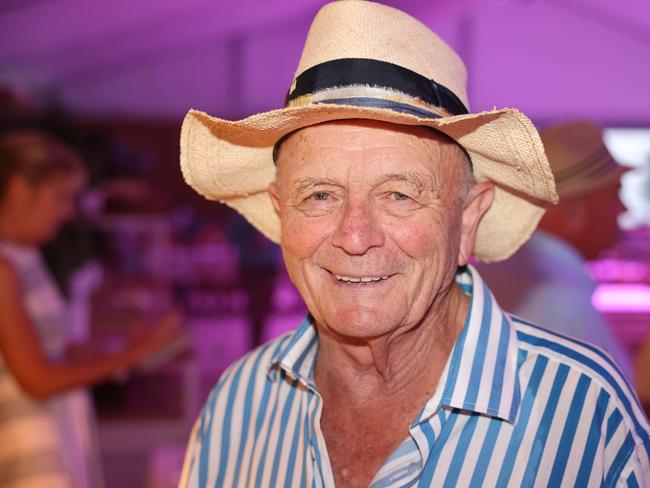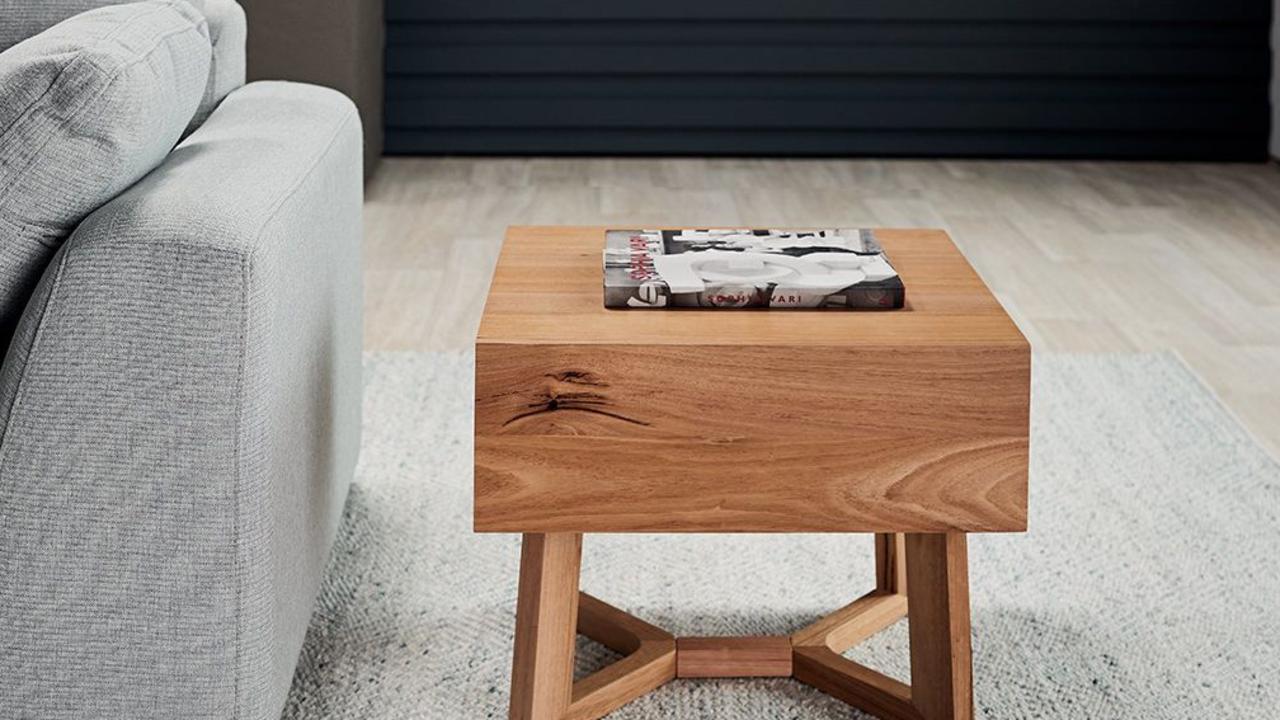Harvey Norman chairman Gerry Harvey says Australia is one of the most expensive places to live
Robot vacuums and AI-enabled computers are more popular than ever, but Harvey Norman’s chairman worries soaring costs, taxes, and business burdens are hurting Australia.

Robot vacuum cleaners, bedding and furniture sales have helped Harvey Norman book strong sales for the second half of the 2024 fiscal year, with that strength pushing into July.
But chairman Gerry Harvey has warned Australia’s reputation as the “Lucky Country” is being ruined by excessive costs, taxes and other burdens.
The retailer is upbeat on the future, with AI-enabled computers, population growth and low unemployment keeping its cash registers ringing, while within six weeks Harvey Norman will open its maiden store in Britain.
The billionaire co-founder of Harvey Norman said while his sales had improved since Christmas and he was tipping a better year ahead for the whitegoods, furniture and consumer electronics chain, he feared many small businesses would collapse due to the soaring cost of doing business, ranging from labour, wages and energy to compliance and regulation.
“That will lead to a lot of businesses not only struggling but going out of business,” Mr Harvey told The Weekend Australian.
“You might have a small business and have mum, dad and the kids helping, and that’s OK, but when you employ the labour then you can’t make it work.”
His comments came after the retailer posted a 34.7 per cent slide in full-year net profit to $352.45m as total sales for the group fell 3.6 per cent to $8.862bn.
“There will be a lot of people working their arse off at the moment, working 100 hours a week just to keep their small businesses going because of the cost of employing someone. That is a huge problem,” Mr Harvey said.
“We live in the best country in the world probably, but we also live in one of the most expensive countries in the world to live in, if you are an ordinary worker, and if you live in the capital cities like Sydney, the cost of rent and everything, it’s hard to save any money because it is a very, very expensive place to live.”

And while he expected Harvey Norman’s Australian stores to ring up greater sales this year, as well as better performances from his stores across Singapore, Malaysia and Europe, the cost of running the business would erode profitability.
“This year is tracking that it will be better, and so we are talking about an economy that is supposed to be getting more difficult to drop interest rates and yet our sales are not necessarily demonstrating that,” he said.
“There is still a lot of money out there, there’s more people out there, so if you had to guess how it is going to go over the next 12 months it looks like our sales will be higher, but the thing that beats us – and that’s all businesses at the moment – is the cost of doing business.”
Harvey Norman is wearing some of the pains of those higher costs, as well as a consumer downturn during the 2024 fiscal year’s first half. On Friday, it reported earnings for the company of $652.67m, down 24.8 per cent.
Harvey Norman’s profit and pre-tax earnings were better than expected by the market.
The retailer said the 2024 financial year had seen ongoing challenges and transformations within the discretionary retail sector in Australia, and in the seven overseas countries in which it operated. But it said it had a strong balance sheet to cope with the volatile economy and weaker consumer, bolstered by its large property holdings.
“Our balance sheet is strong and resilient, with total assets of nearly $8bn, anchored by a $4bn property portfolio, predominantly situated within the large-format retail market that has delivered rental growth and low vacancy rates over the past two years,” Mr Harvey said. “We have delivered a substantial 42 per cent growth in net assets since the beginning of the pandemic, rising to $4.54bn as at June 30, 2024.”

The company declared a final dividend of 12c a share, flat against the final payment in 2023, and to be paid to shareholders on November 13.
Its flagship Australian stores hit pre-tax profits of $273.5m, about 2 per cent ahead of market expectations, while its international stores spanning Singapore, Malaysia, New Zealand, Croatia, Slovenia, Northern Ireland and Ireland recorded a 15 per cent profit slide.
Sales have improved exiting the second half, with Harvey Norman revealing in a trading update that Australian franchise system like-for-like sales rose 3.5 per cent in July, a significant improvement against the 1 per cent decline in last fiscal year’s second half. The Good Guys reported 2.7 per cent growth.
Mr Harvey said the retailer was excited about the opportunities in AI-enabled consumer electronics, and in the UK, its first store in Britain is due to open in six weeks, and could be followed by dozens more.





